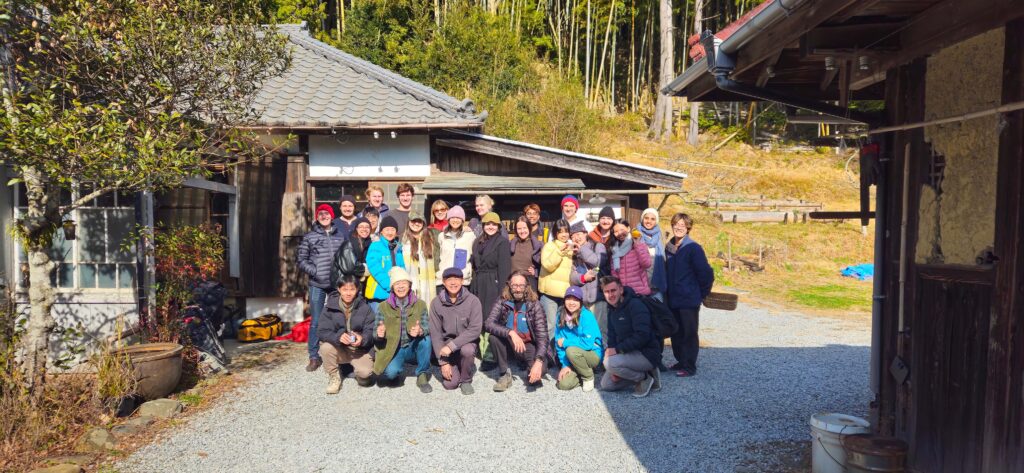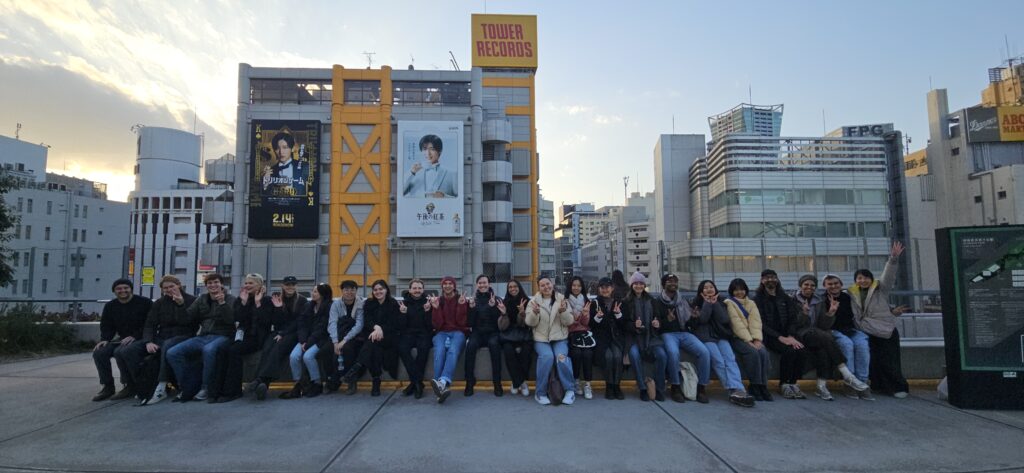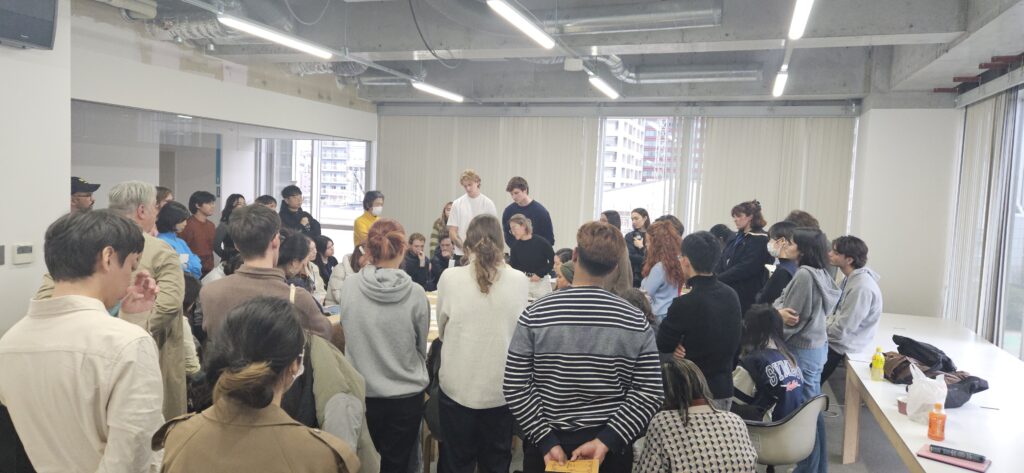Urban Rural Commons
Summer 2025 | 6 credit points
Rothwell Co-Chairs: Atelier Bow Wow – Yoshiharu Tsukamoto, Momoyo Kaijima and Yoichi Tamia
Unit co-ordinators: Prof. Lee Stickells and Dr. Amina Kaskar
Studio: Wilkinson, 23 January 2025 | Tokyo, 25 January – 05 February 2025 | Wilkinson, 17 January 2025
Abstract
Globally, architecture is heavily influenced by capitalism, resulting in the creation of autonomous buildings and urban forms that prioritize individual objects. Additionally, architects often simplify complex contexts by categorizing them into binaries such as local and global, formal and informal, state and private, rich and poor, empowered and marginalized, and urban and rural. While these categories may help to describe the world, they may not be conducive to productive design operations. There is a need for critical design thinking that aims to dissolve these binaries, emphasizing spatial resolution as a critical tool in softening boundaries between them.
The Rothwell Tokyo Intensive Travel Studio 2025, led by inaugural Rothwell co-chairs Atelier Bow Wow, invites students to engage with the theme of the Urban Rural Commons, exploring alternative spatial practices that soften the boundaries between urban and rural areas through a diverse range of spatial imaginaries. These practices prioritize the creative process, resituating the architect as an agent of social change. Architects have the potential to address complex challenges by creating spatial arrangements that intersect with broader social, political, economic, and cultural landscapes. In doing so, architects can rethink their modes of action and codes of conduct through relationships, ideas, and actions, rather than autonomous products.
This studio aims to investigate individuals who create, navigate, and adapt rural and urban territories, reshaping them to accommodate emerging economies and spatialities. Students are required to reflect on the cultural practices and everyday rituals that lend themselves to typologies that traverse rural and urban landscapes. The studio will explore how cultural values are transferred to nature and how nature supports these values. Additionally, students will engage with the concept of Satoyama, examining how communities live together with nature, interacting with materials, objects, and tools to modify and arrange their environments. This exploration will consider how material logics afford certain social and labor practices that foster spaces of gathering and community.
Importantly, the studio will engage with visual and ethnographic methodologies as a way of documenting the commons. Students are required to critically engage with drawing techniques that convey the processes and systems enacted on site. This will include various methods such as mapping, collage, speculative drawing, and indigenous/site representation.




